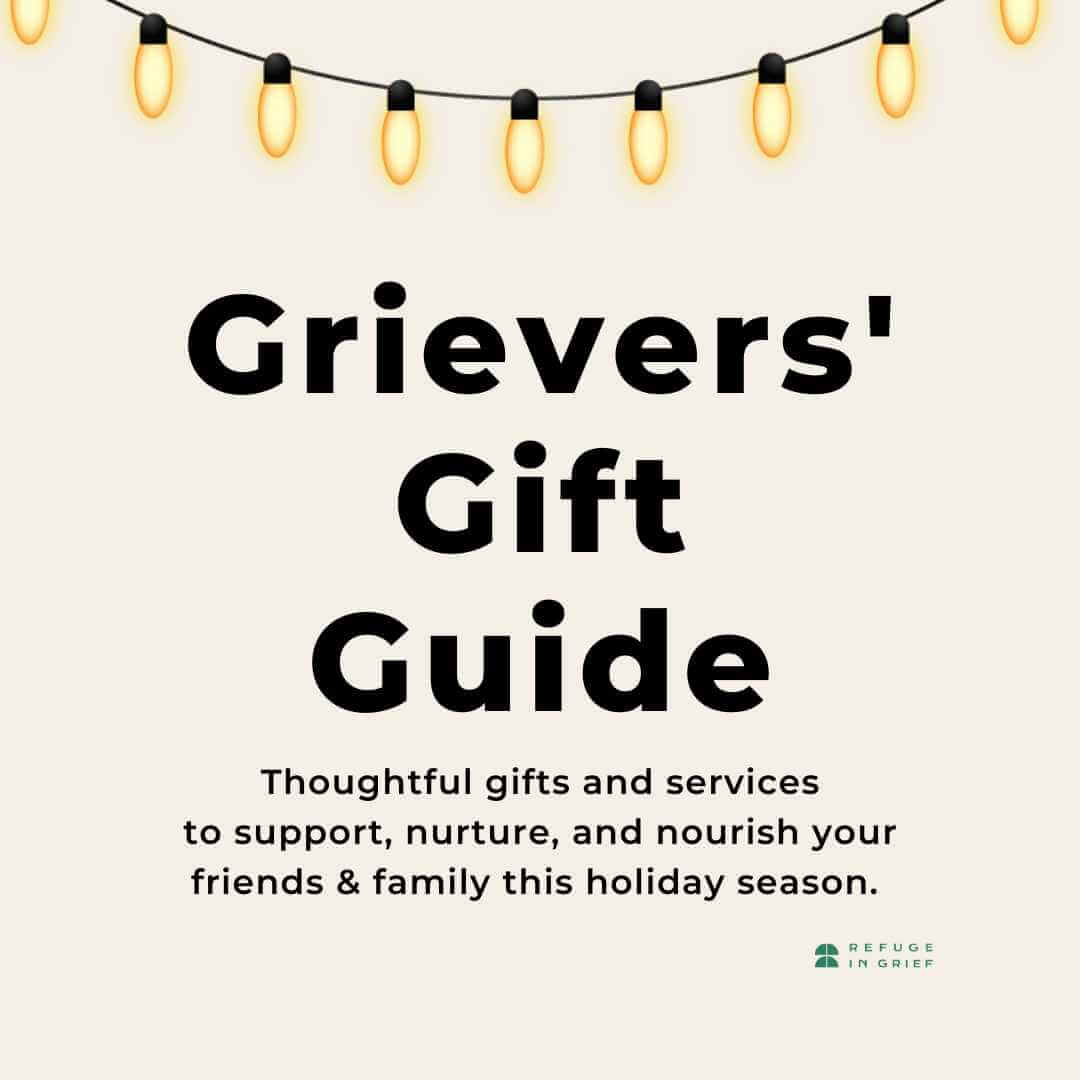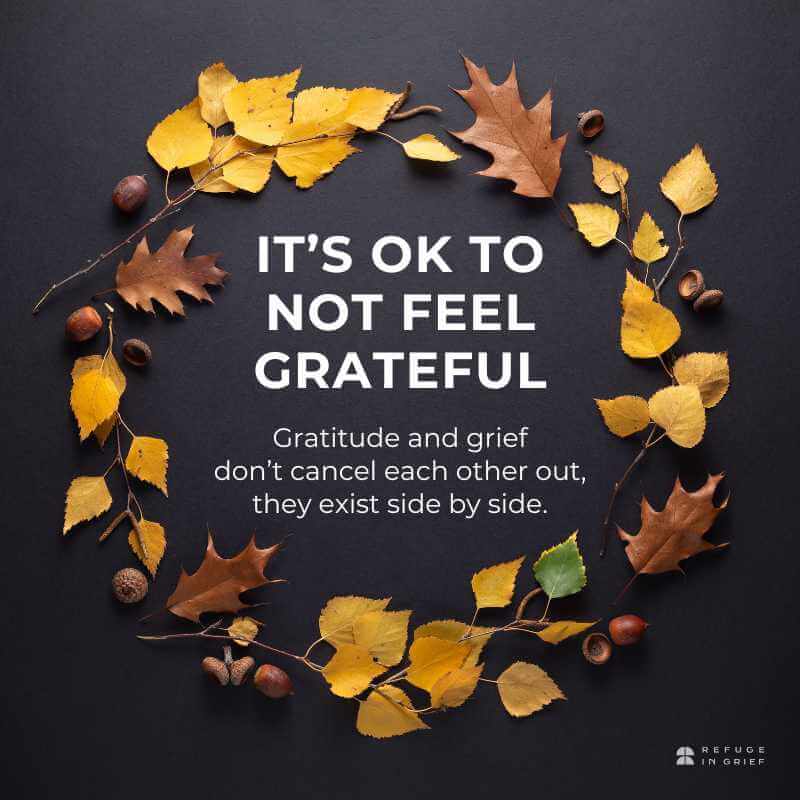have you been the news? when death becomes everybody’s business.
What happens when your personal grief is a front-page news story?
I didn’t even notice the news crews up on the bridge over the river.
I was too busy talking to the wardens who were looking for Matt. I was too busy sitting, stunned, in the driver’s seat of my car while the sun beat down and the hours ticked by.
It was only when an assistant to the fire department came over with a blanket and a bottle of water that I learned I was being filmed.
As she handed me the water, she said, “You know, I’m usually the news crew’s best friend. I give them access to what’s going on, let them get close. But I can’t do that today. I’m not sure why, but I feel fiercely protective of you. I won’t let them talk to you at all. They can only film from over there.”
Wait, what? Normally, while a person is sitting by the side of the river, waiting to see if the search planes can find her partner’s body before it’s too late – normally I would have a microphone stuffed in my face while some intrepid reporter wants to know what I’m feeling right now, so the viewers at home can understand?
People reported back to me later that week, describing the news-cast they saw that day. Some even posted it to my personal facebook page, in case I wanted to see the imagery myself: in case I wanted to see myself standing on the riverbank, waiting. I briefly scanned the articles in local newspapers, where they spelled my name wrong, and blamed Matt for his own death.
I’ve been the news.
This week, a good friend lost a family member due to violent, random, crime. It was all over the news. Images, photographs, speculation, intimate details of life spilled and conjectured. The one, and only, news story I read said “phone calls to family members were not returned.” Seriously? This infuriates me. Infuriates me.
Even before Matt died, I hated the 6 o’clock news: reports of house fires and car accidents, drownings, muggings, people lost in the woods. These stories serve absolutely no purpose whatsoever. They invade peoples’ lives at the most intimate and private spots, tearing them up, shoving them in front of the spotlight for no other reason than to glorify our need for sensationalized stories we, ourselves, aren’t actually living. They blame, incite fear, create judgment. They put people in pain in the spotlight, rip open their hearts, make it a carnival sideshow.
This kind of “reporting” does nothing to bring people together. It is offensive, cruel, unnecessary. The overload of imagery, graphic imagery, burns out our empathy, fries our hearts, infects our minds with things we can’t unsee, things we had no right to witness if we ourselves weren’t there.
Is this ever appropriate? Yes. Yes, maybe. The only time this might be appropriate, the only time having your intimate experience of pain and loss spread across those wide channels of “news” or social media is if it comes with a strong, swift call to action: if it gives you a place to help.
If there has been a disaster somewhere in the world, and by telling the story, millions are actually, tangibly helped: yes. If the family who lost their home in a fire need shelter, donations, or food: yes. If the one who went missing is still missing, and a search team is needed: yes. If you use the drowning of a highly skilled athlete as a lead in to educate the public about the current danger of high water: yes. YES.
If we used the news of violent crime as a way to talk about love, and where we’ve failed, where we’re failing, where we can change, rather than using it as a cattle call to more rage and useless debate, yes.
If the call to share news of trauma and death, if the need to share painful, shattering news, came from a place of compassion and interest, from an open heart rather than a need to sell ad space and increase an audience, yes.
If we used the pain of others to relate to a place in ourselves, then YES. Yes.
We see too much suffering. We see too much suffering, forgetting that it is, in fact, suffering. It’s not entertainment. It’s not “news.” It’s pain. Private, personal, intensely intimate pain. And that’s a privilege to witness, not a right.
 How about you? If the death you’re grieivng was reported publicly, what’s that like for you? How have you interacted with other peoples’ grief, when you’ve come across it in news stories or articles? Let us know in the comments.
How about you? If the death you’re grieivng was reported publicly, what’s that like for you? How have you interacted with other peoples’ grief, when you’ve come across it in news stories or articles? Let us know in the comments.


